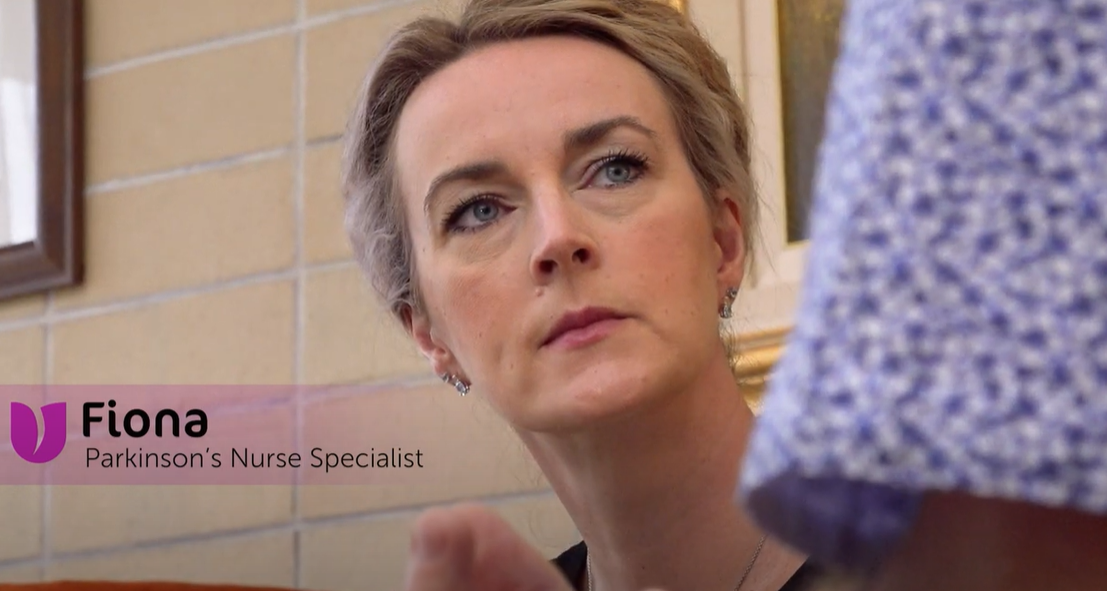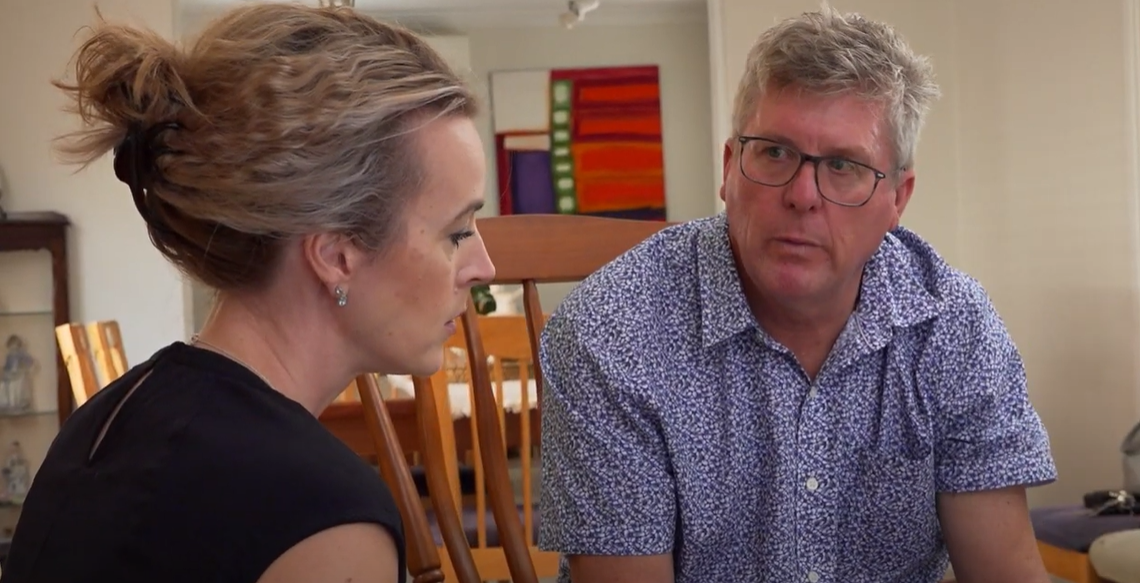5 things you never knew about Parkinson’s
Parkinson's Nurse Specialist (PNS) Fiona Roscoe gives us some interesting insights into lesser-known Parkinson's information.
Find out more about Parkinson's here

Movement Disorder or more?
Parkinson’s is categorised as a ‘Movement Disorder’ however it is much more than this! The movement related symptoms include slowness, stiffness and tremors, but did you know the non-motor symptoms such as mood disorders, sleep problems, bladder and bowel complaints and speech and swallowing problems can often be experienced some time before the diagnosis? Treatments are available for both the movement and non-movement related symptoms of the condition.
Historically founded
Parkinson’s was first described in the 1817, by a British physician James Parkinson who detailed his observations of patients and people on the streets of London in his ‘Essay on the Shaking Palsy”! 60 years later, Jeane Martin Charcot, a French Neurologist renamed the condition ‘Parkinson’s Disease.’
Not just a tremor...
Despite the association with shaking, not all people with Parkinson’s will experience tremor. In fact, the scientific literature reports that perhaps 70% of people will have tremor and 30% will never experience the symptom.

Not just an older person's condition...
While Parkinson’s is often thought of as an ‘older persons’ condition and incidence increased with advancing age, the average age of onset is actually mid-50s to mid-60’s. Younger people too can also be diagnosed and the term Young Onset Parkinsons is often used to describe onset before the age of 50.
Search for a cure or management?
While there is currently no ‘cure’ for Parkinson’s, the symptoms of the condition are treatable and new therapies are in development. Many people actually feel significantly better after beginning treatment due to this. This is the so called ‘Honeymoon Period’. In addition, promising research suggests we may be able to delay the progression through targeted exercise therapy. Talk to your Parkinson’s Nurse Specialist or Medical Specialist for more!
Written by Fiona Roscoe, PNS
Find out more about our Parkinson's Nurse Specialist Program here.